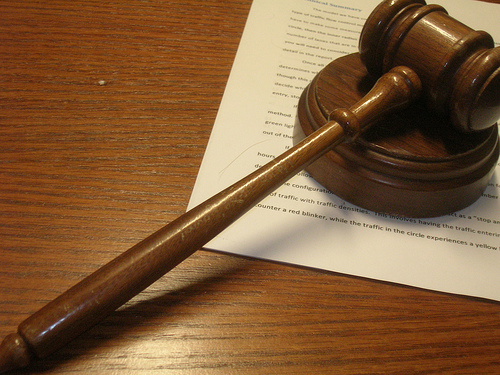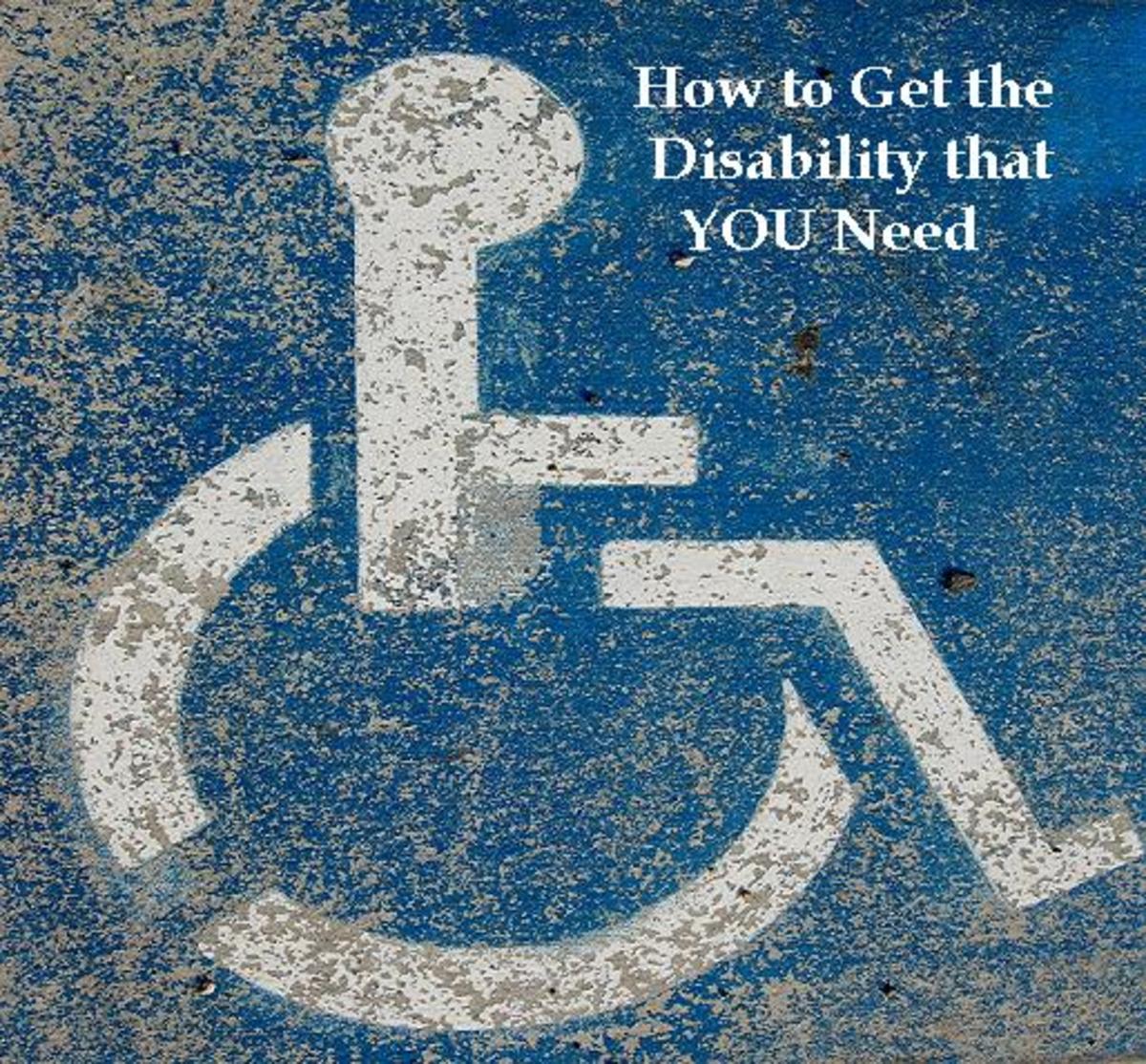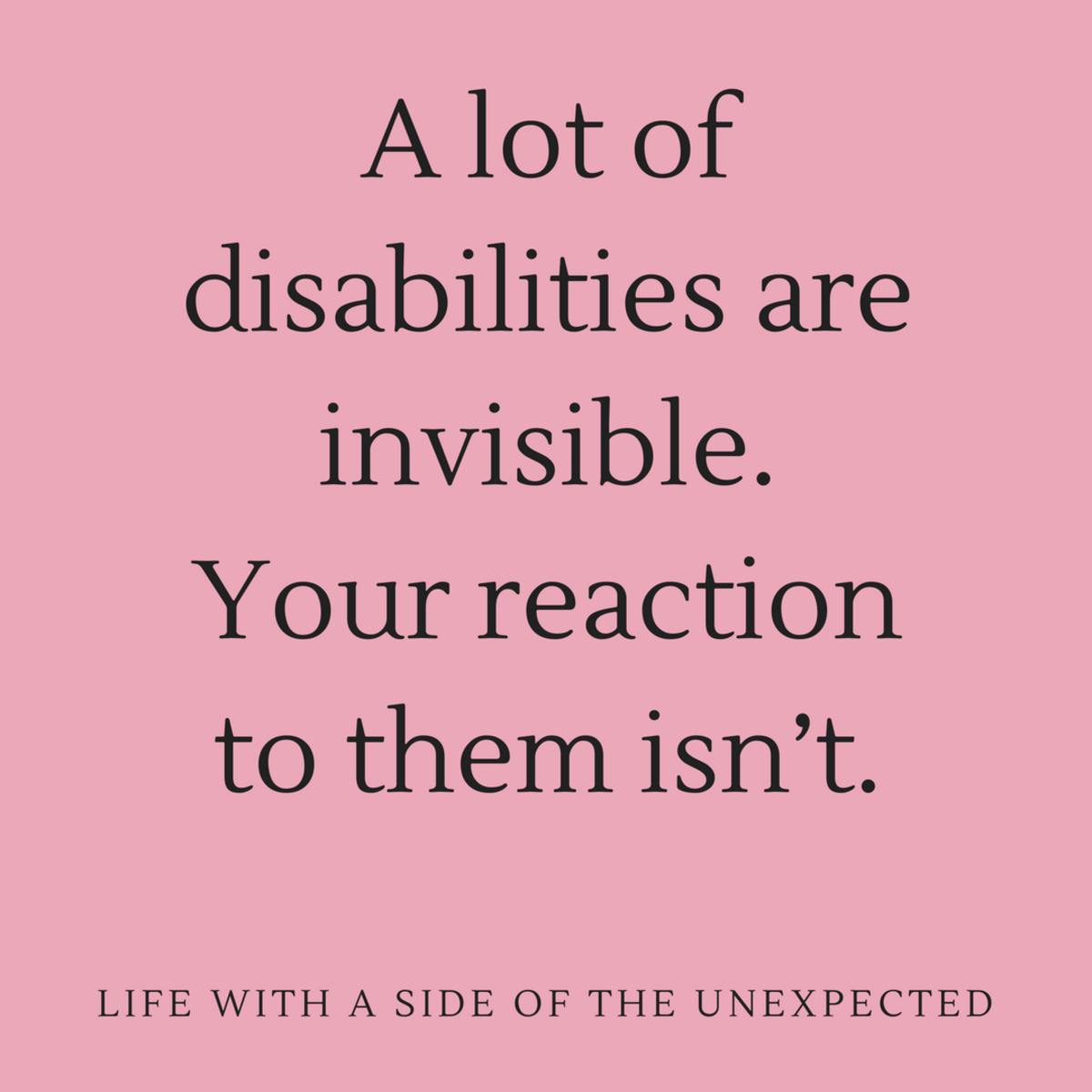How to Prepare for a Social Security Disability Hearing

After receiving the Notice of Hearing
These are some of the things that you should do once you have received a Notice of Hearing. A Notice of Hearing letter is the letter that the hearing office sends you to let you know that you have a hearing scheduled.
Before your hearing (twenty days before), you should receive a Notice of Hearing. Please read the Notice of Hearing carefully. It will help you understand what the Judge will be looking at. I have seen times when a person thought that they knew what the hearing was for. Then they got to the hearing and found out that the Judge was looking into an entirely different issue. Because they did not know what was being addressed, they did not prepare as well as they could have. If you have any questions about what the Notice of Hearing is saying, you may want to ask your attorney for an explanation. If you do not have an attorney, you may want to consider retaining one.
Would you feel comfortable representing yourself in a legal proceeding?

“Acknowledgment of Receipt”
Your Notice of Hearing will include “Acknowledgment of Receipt” form. You should mail this to the judge so that the Judge knows that you received the Notice. Look for the section, "I will be present at the time and place shown." Make sure that you check this box.
When you go into your hearing, you will want to have the most recent medical records in your file. If you have an attorney, you will want to make sure that you send copies of these to his office as soon as possible so that the attorney can review them. After each medical appointment, you should ask the front desk for a copy of the record for that day. You can also ask them to fax the record directly to your attorney’s office. Of course, you could take the copy and fax it to your attorney yourself.

Medical Treatment
If you have an attorney, you should not send medical records directly to Social Security yourself. The judge may send you a form for your doctor to fill out. If you receive such a form, you will want to call your attorney and discuss what to do. The judge may also send you forms asking about your medical treatment or work history. You should fill them out and send them to your lawyer. It would be best to fill them out the same day you receive them so that you can get them to the attorney as soon as possible. You can mail them, but it might be better to fax them for time sake. You will want your legal counsel to review the forms and submit them for you.
On the Day of Your Disability Hearing
Preliminary Information
You will want to arrive at least 30 minutes early to the hearing office. This will help in a number of ways. You want to make sure not to be late, and you never know when you may have a problem with traffic or weather conditions. Also, the thirty minutes will give you a bit of time to go over questions with your attorney if necessary. Finally, it may help you to relax before you go into the hearing. The last thing that you want is to go into the hearing stressed out because you got there the split second before the hearing was supposed to start. Remember that the security guard will probably use a metal detector. You may want to leave anything unnecessary out in the car.
While I always suggest that people be respectful to the Judge in the way they dress, it is not a problem to dress informally. If you would be more comfortable in a pair of jeans and t-shirt, the judge will not hold it against you. The last thing that you want is to be stressed out because of they way you are dressed. Then again, there are some people that feel stressed when they are under-dressed. So, be respectful, but dress comfortably.

Not a formal Judicial court
The hearing usually takes about 30 to 45 minutes. It is not a formal judicial court. It is an Administrative Law Court, meaning that its authority comes from the executive branch rather than the judicial branch. So, while some of the rules of evidence will be observed, it will be more informal than a regular court room. The hearing will take place in an office building, inside a small office.
There are not going to be a lot of people in the room like there might be in the normal court room. The only people there will be: you, your representative (if you have one), the Administrative Law Judge (ALJ), the judge's assistant, and at most two experts.
The importance of speaking clearly
The judge's assistant will deal with any documents and make a recording of the hearing in case you need to make an appeal later. Speak loudly and clearly. There will be a microphone in front of you, but it will not amplify your voice. The microphone is there to pick up your voice for the recording. It is important you speak loudly, both so that the judge can hear you and so that there is a good recording.
Also, remember to always respond with words. The recording will not pick up a head nod or other gestures. It is important that everything you say is recorded in case you need to appeal. Do not say “uh-huh” or “un-uh” or “yeah” because those things could be misinterpreted by the hearer. So, stick with “yes” or “no” if it is that kind of question. Be careful not to interrupt if someone is speaking. The recording device does not always clearly pick up more than one voice at a time.
The hearing will usually follow this order:
The Judge will start the record and go over preliminary information, including the swearing in all witnesses.
You will give your testimony. The ALJ or your attorney will ask you questions, and you will answer to the best of your ability. This will take up most of the hearing time. It may be the Judge or your attorney that questions you. It all depends on what the ALJ wants. If the ALJ asks you most of the questions, your attorney will still have an opportunity to ask you additional questions if necessary.
Sometimes, there will be a medical expert or a vocational expert present. If there is one there, the ALJ will ask a medical expert to testify about how bad your condition is. There are many hearings that do not have medical experts. This is neither “good” nor “bad.” Often, it just has to do with the ALJ's preference.
If there is a vocational expert there, the ALJ will ask the expert to classify your past work. The Judge will ask whether he believes you are able to return to your previous type of job. The Judge will also ask if there are any other jobs that exist in the national economy that you may be able to do. Again, whether or not a vocational expert is present likely has to do with the judge's preference and does not necessarily mean anything.
Finally, the judge will close the hearing.
How does the Author know about this Subject?
Andrew Grosjean is an attorney at law (licensed in CA though living in MI) who has worked extensively with Michigan Unemployment Hearings since 2001. He has been involved with Social Security Disability since 2009. He has successfully helped clients apply for their Social Security benefits and get them the first time they apply even though 80% are denied at the first application. He has also helped others appeal negative decisions and get their benefits that they should have received in the first place. Finally, he has helped clients successfully present their case at the hearing stage as well.
If Andrew Grosjean takes your Disability Case, there is no charge unless you win! It is a free consultation. Just give him a call if you have any questions: 313-729-9794
"My goal in this area is to do my best to make sure that people have their situations presented in the best possible light. I believe in justice and there is a Judge that we all must one day answer to. So, we should to do the right thing." Isaiah 56:1 "Thus saith the LORD, Keep ye judgment, and do justice: for my salvation is near to come, and my righteousness to be revealed."









